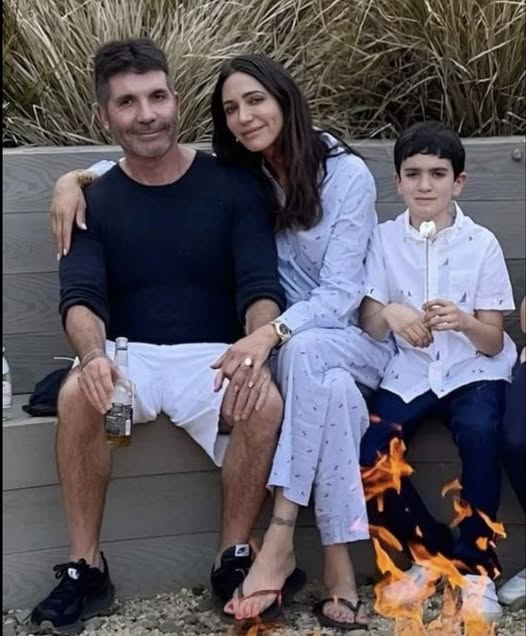But Cowell wasn’t wired to stay down. He regrouped and launched S Records, gathering an eclectic mix of pop acts. He signed 5ive, Westlife, and the crooner whose cover of “Unchained Melody” unexpectedly climbed the charts. But everything changed in 2001 when Cowell and Simon Fuller created Pop Idol. Overnight, Cowell went from a behind-the-scenes executive to the brutally honest judge viewers loved to hate — and couldn’t stop watching.
Then came American Idol, the show that turned him into a household name. His blunt critiques, sarcastic expressions, and signature line — “I don’t mean to be rude, but…” — became cultural staples. When Kelly Clarkson won the first season, nearly 30 million people were watching. Cowell saw the power of the format immediately and cashed in by releasing Idol-themed compilation albums. They sold by the millions, launching him into a different financial stratosphere.
The momentum never stopped. He co-created The X Factor in the UK, then brought it to America. He co-created and judged America’s Got Talent and Britain’s Got Talent — both blockbuster franchises. By 2006, he’d inked a massive deal to stay on American Idol. His yearly earnings soared into the tens of millions. By 2020, reports put his net worth around $600 million — a staggering fortune built not on luck, but on instinct, work ethic, and an unfiltered personality viewers couldn’t turn away from.
Yet with the massive success came personal changes. Cowell became known for his appearance as much as his sharp tongue. For years, he experimented with Botox, facials, even a sheep placenta treatment. He joked about it at times, but eventually admitted he’d gone too far. It was his young son who made him step back from the cosmetic treadmill, telling him he “looked weird.” That was enough for Cowell — he scaled back and learned to laugh about it.
Eric changed more than just his father’s grooming habits. When Cowell and Lauren Silverman announced their pregnancy in 2013, Cowell was hesitant. He’d always pictured himself as the career-driven bachelor, not someone reading bedtime stories or building Lego towers. But the moment Eric arrived on Valentine’s Day 2014, everything shifted. Cowell described the feeling simply: “It’s the most amazing thing that ever happened to me.” His world reordered itself, and for once, work wasn’t the center.
But life didn’t stay smooth. In 2017, Cowell collapsed at home from low blood pressure, a scare that pushed him into a dramatic lifestyle overhaul. He cut out red meat, dairy, sugar — even alcohol — and lost 60 pounds. Then, in 2020, he suffered a brutal electric bike accident that fractured his back. A six-hour surgery, a metal rod implanted, and strict doctor’s orders to rest would have sidelined most people for months. Cowell ignored that timeline completely. Two days later, he was walking — slowly, painfully, but determined.
Today, he walks more than 40 miles a week, holds daily business meetings, and maintains a routine sharper than ever. The setbacks didn’t derail him; they recalibrated him. They reminded him that even empires require maintenance.
But perhaps the most surprising twist in his story is the one involving his wealth. Despite being one of entertainment’s richest figures, Cowell doesn’t plan to leave his fortune to Eric. “Your legacy has to be that you gave others a chance,” he explained. Instead, his money will go toward charities, especially those supporting kids and animals — causes he believes deserve long-term investment.
Cowell understands something many wealthy figures don’t: money fades, but opportunities last. And that, he believes, is what makes a real legacy.
In the end, Simon Cowell’s life isn’t just about fame, money, or acerbic one-liners. It’s about reinvention. It’s about failing twice, rebuilding twice, and creating a global empire because he refused to let setbacks define him. It’s about becoming a father at an age he never expected and letting that soften edges he spent decades sharpening. It’s about giving back instead of clinging to wealth out of fear of what happens when the cameras eventually go quiet.
He has become more than a judge — he’s a mogul, a survivor, a philanthropist, and a man who understands that the most meaningful things in life don’t come with contracts or ratings.
So if you had $600 million, what would you do? The question lingers, not as a fantasy, but as a prompt — a reminder that sometimes the biggest legacy isn’t wealth itself, but what you choose to do with it.

